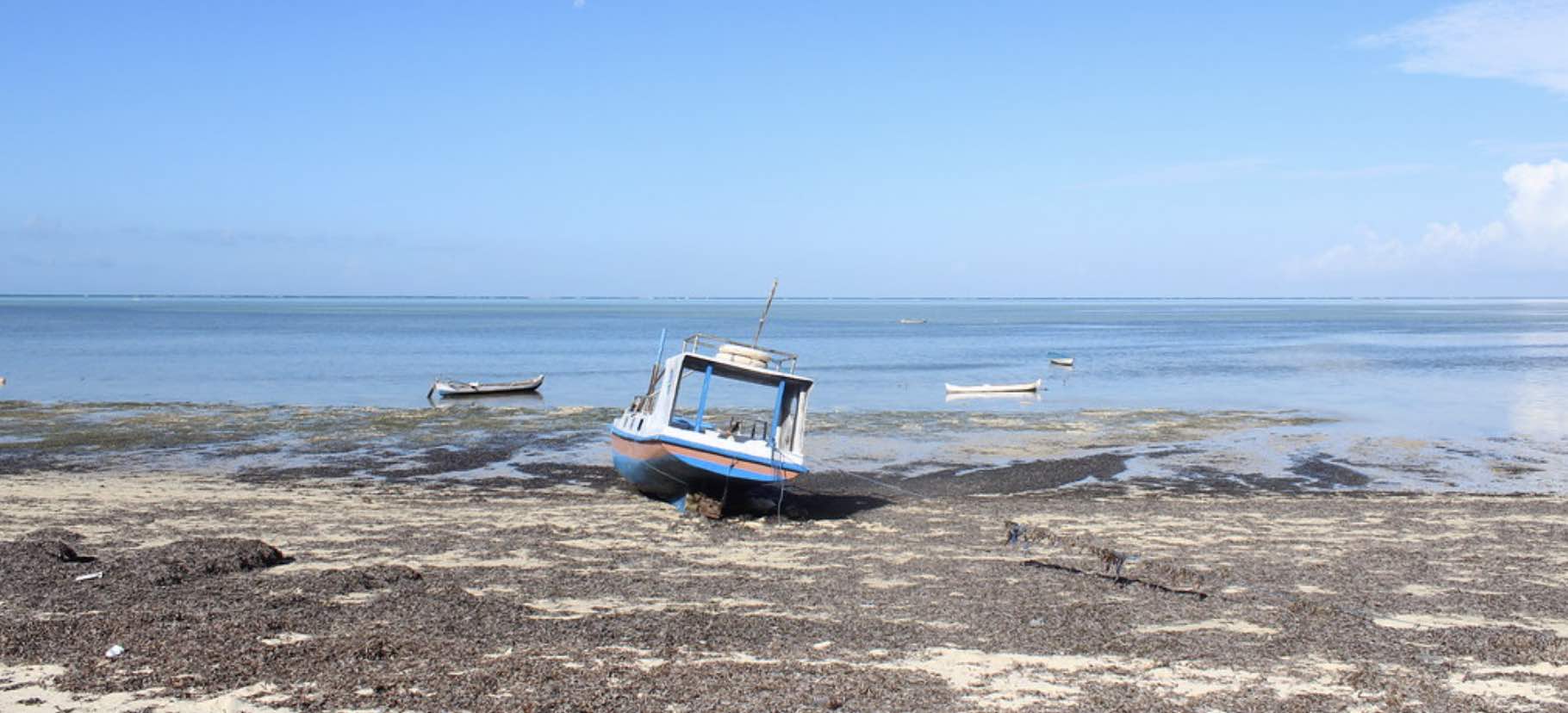
Photo:
The project supports the implementation and monitoring of the National Action Plan for Climate Change Adaptation in Indonesia (RAN-API). Operating at the national and sub-national levels, national-level activities are updating and strengthening the National Action Plan for Climate Change Adaptation (RAN-API) and enhancing the vulnerability monitoring system (SIDIK), incorporating a gender-responsive approach. Meanwhile, local activities are concentrating on risk-assessments and landscape-based adaptation for the archipelagic island site of Wakatobi. The project is focused on addressing challenges, including weak coordination and cross-sectoral information sharing, underrepresentation of vulnerable groups, and lack of adaptation criteria application in budget tagging.
- National
- National Governments
- Ministry of National Development Planning in Indonesia
The project “Accelerating Climate Change Adaptation Investment Planning to Enhance Resilience in Indonesia” addresses the barriers to adaptation planning and ensures that the National Action Plan for Climate Change Adaptation (RAN-API) is well coordinated, implemented, and monitored. The project has both a national and sub-national dimension: at the national level, it supports the next update of the RAN-API and enhances relevant assessment and budgeting systems. At the sub-national level, the project enhances landscape-based adaptation planning approaches in the archipelagic island site of Wakatobi that may be scaled up in the future. The Wakatobi District was chosen as an appropriate piloting site due to its manageable size, coastal location, and archipelagic landscape. As a marine national park, it also presents the opportunity to explore and develop ecotourism as a potential adaptation option.
Climate change impacts are already evident across various economic sectors in Indonesia. The most dominant disasters in Indonesia are floods, windstorms, landslides, and droughts, and these events are expected to be further exacerbated by climate change. The NDC (submitted in 2016 and updated in 2021, with an enhanced version released in 2022) has identified both mitigation and adaptation priorities to address these threats. Climate change adaptation has already been integrated into the country’s development planning through the National Action Plan for Climate Change Adaptation (RAN-API 2013–2025) and the fourth Medium Term Development Plan of Indonesia (RPJMN 2020-2024). While Indonesia’s adaptation planning process is considerably developed, several barriers to enhanced adaptation planning and implementation of adaptation options remain. These include a lack of effective coordination, the absence of an updated adaptation plan, inadequate focus on identifying adaptation options in vulnerable areas, unavailability of detailed information and vulnerability assessments for adaptation planning at national and sub-national levels, and challenges in tracking adaptation-related investments at national and sub-national levels. In addition, the lack of capacity for adaptation planning and budgeting is a cross-cutting issue for national ministries and sub-national governance structures.
The project aims at delivering the following results under the three main outcomes:
- RAN-API coordination and implementation strengthened;
- Legal standing for RAN-API to ensure planning and budgeting related to climate change adaptation in place;
- The RAN-API updated, including the formulation of a comprehensive financing strategy;
- Climate change budgeting system for adaptation enhanced.
- SIDIK enhanced, gender-responsive climate change risk assessment process developed;
- Existing science base for RAN-API reviewed and improved;
- Stakeholder capacity built for climate risk and impact assessment, and identifying suitable adaptation measures.
- Government staff in Wakatobi trained on gender-responsive climate risk assessments;
- Climate risk assessment for Wakatobi islands conducted using landscape-based adaptation;
- Government staff in Wakatobi trained on gender-responsive adaptation planning and budget tagging;
- A gender-responsive adaptation planning and budget tagging system developed and implemented in Wakatobi.
Outcome 1: The National Action Plan for Climate Change Adaptation (RAN-API) updated and climate change adaptation integrated in budgeting systems.
Outcome 2: Vulnerability and risk assessment process (SIDIK) enhanced at the national level for sectors identified in the adaptation component of the Nationally Determined Contributions (NDC).
Outcome 3: Integrated risk assessment and landscape-based adaptation planning and budgeting established in Wakatobi.

